The second installment of this BBC Four series turns to the work of Walter Richard Sickert, whose first profession as a theatre actor gave him a taste for ‘marketeering’, suggests presenter Andrew Graham-Dixon. Sickert garnered (and enjoyed) fame – sometimes as a result of his paintings, more often due to his critique of others’.
The hour-long chronological story struggles to evaluate the early impact of other artists on Sickert’s work. Sickert was an apprentice to Whistler, and spent a summer with Degas – were they major influences on his style, or was he merely inspired by them to pave his own way as he turned to the painting of modern life?
After spending a decade in Venice, painting prostitutes and bridges alike, Sickert returned to London in 1905. His work was not well received. But Sickert was himself unmoved by the post-Impressionists’ ‘quaking’ London exhibition in 1910, and wrote critically of Picasso, Van Gogh and Matisse. Ever the enthused and poetically-inclined tour guide, Graham-Dixon posits that this was because Sickert saw the group as spiriting painting away from humanity and towards abstraction; he continued in a resolutely domestic vein.
Sickert was born in 1860, so more than half of this programme is a biographical prelude to a war in which he was too old to fight. Little more than five minutes is dedicated to the artist’s work between 1914 and 1918, though the period saw him focus on the consequences of war – at home and at the front – while it was still raging. The remainder deals with Sickert’s post-war paintings, which skewered nostalgia and celebrity by using only photographic sources and were met with critical acclaim.
It’s hardly what you’d expect of a series titled ‘British Art at War’, but if you take it on its own terms the episode serves as a thorough biography of the artist, whose attention-seeking attitudes did not abate in his final years. In a final anecdote we learn that Sickert once taught Churchill to paint, and died in 1942 having extended a similar invitation to Hitler.
‘British Art at War: Bomberg, Sickert and Nash — Walter Sickert & The Theatre of War’ was first broadcast at 9pm, 21 September 2014, BBC Four. Now available on BBC iPlayer.
Unlimited access from just $16 every 3 months
Subscribe to get unlimited and exclusive access to the top art stories, interviews and exhibition reviews.

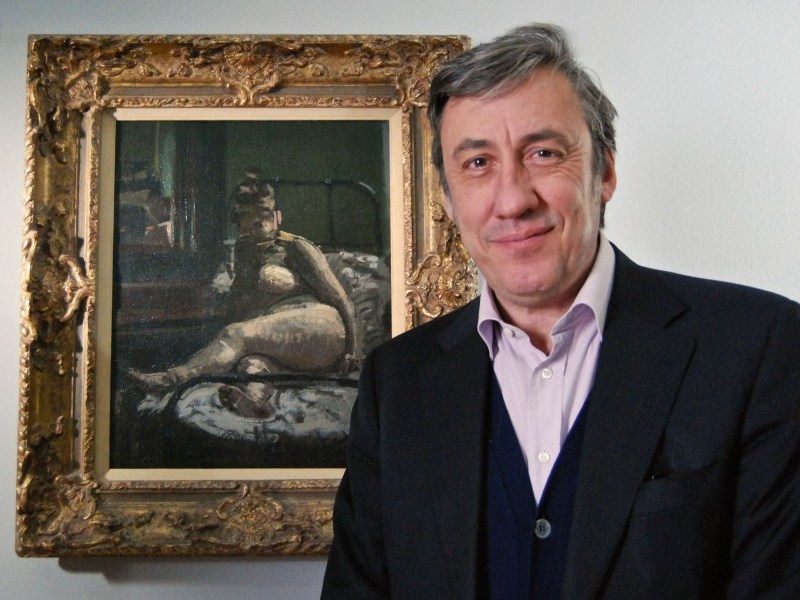
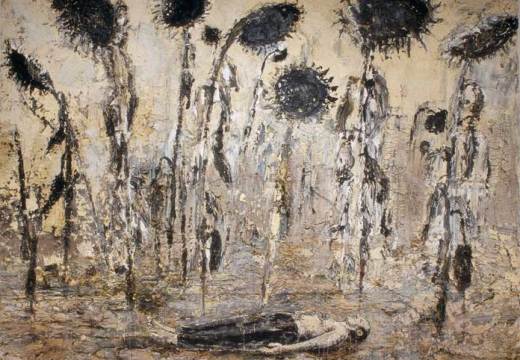
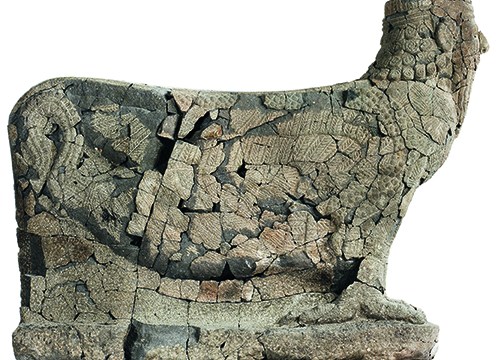
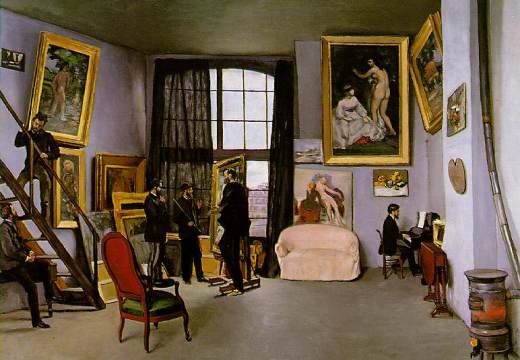








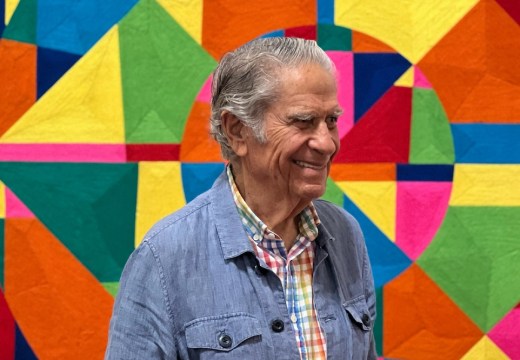
![Masterpiece [Re]discovery 2022. Photo: Ben Fisher Photography, courtesy of Masterpiece London](http://www.apollo-magazine.com/wp-content/uploads/2022/07/MPL2022_4263.jpg)
It’s time for the government of London to return to its rightful home